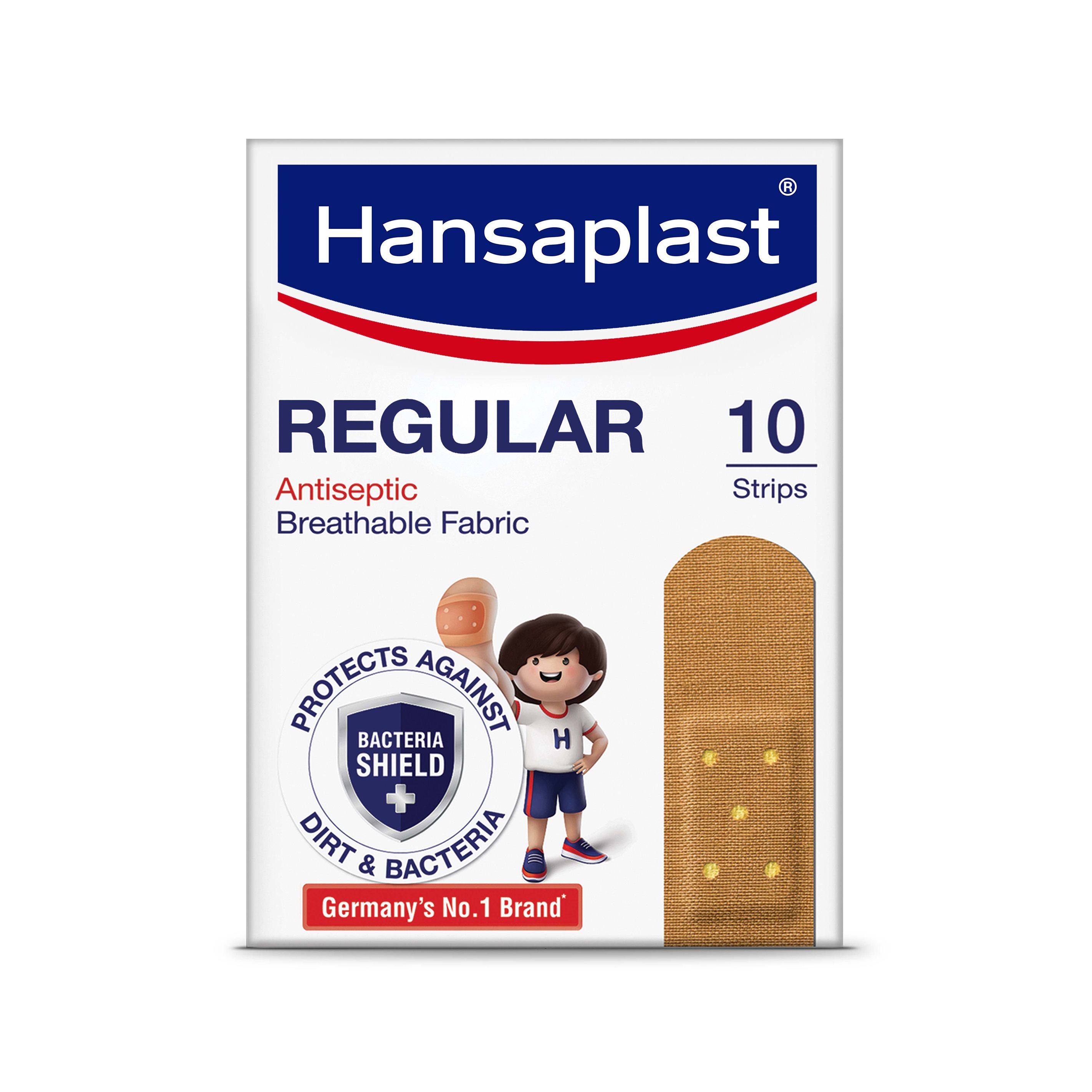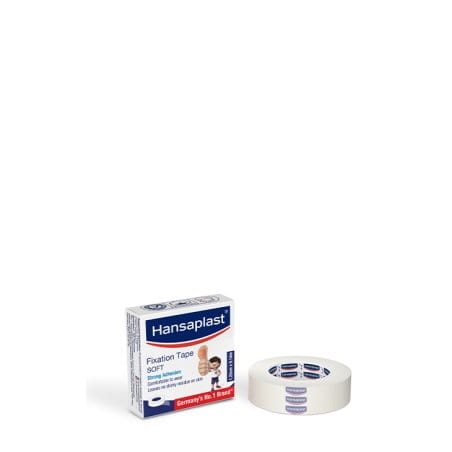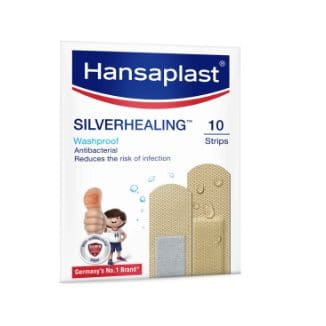Muscle pain in winter can be a common and frustrating problem for many people. The cold weather and decreased sunlight make it difficult to stay active. Moreover, changes in barometric pressure cause tendons and muscles to expand and contract, which may cause joint pain and contribute to muscle pain. However, there are a few simple strategies you can use to help prevent and treat different types of muscle pain in the winter months.
Preventing muscle pain in winter
- Stay active
One of the key ways to prevent muscle pain due to cold weather is to stay active and maintain a regular exercise routine. Exercise helps to keep your muscles flexible and strong, which can reduce the risk of muscle pain and injury. It's important to choose activities that are appropriate for your fitness level and to warm up before starting any physical activity.
- Stay hydrated
Another effective way to prevent muscle pain in winter is to stay hydrated. Dehydration can cause muscle cramps and stiffness, so it's important to drink plenty of water throughout the day. In addition, staying hydrated can help to flush out toxins and reduce inflammation, which can help to reduce muscle pain.
Muscle pain treatment
If you do experience muscle pain due to cold weather, there are a few simple strategies you can use to help alleviate it.
- Gentle stretching can help to loosen tight muscles and increase blood flow, which can help to reduce pain and stiffness.
- Heat therapy, such as a warm bath or heating pad, can also be helpful in relieving muscle pain.
- Over-the-counter pain medications, such as ibuprofen, can also provide relief for muscle pain.
- Using a heat patch can help alleviate pain through heat therapy.
Finally, it's important to take care of your overall health during the winter months to help prevent muscle pain. This includes getting enough sleep, eating a healthy diet, and managing stress. All of these factors can contribute to overall muscle health and can help to reduce the risk of muscle pain.
Disclaimer
Please note that the above recommendations are general care tips. Consult a healthcare professional in case of any uncertainty around wound treatment and healing.
Always see your doctor if a wound is deep, bleeding profusely or showing signs of infection. For diabetic patients especially, proper wound care holds the utmost importance. Do not hesitate to discuss any concerns you may have with your doctor or your podiatrist, even when it comes to minor wounds and cuts – especially if they’re on your feet.
The information provided through this website should not be used to diagnose or treat a health problem or disease. Although compiled with great care, it is not a substitute for professional advice. If you have or suspect a health problem, consult your doctor immediately.
For further information regarding Hansaplast products, please contact us via email at customer.care@bdfindia.com


